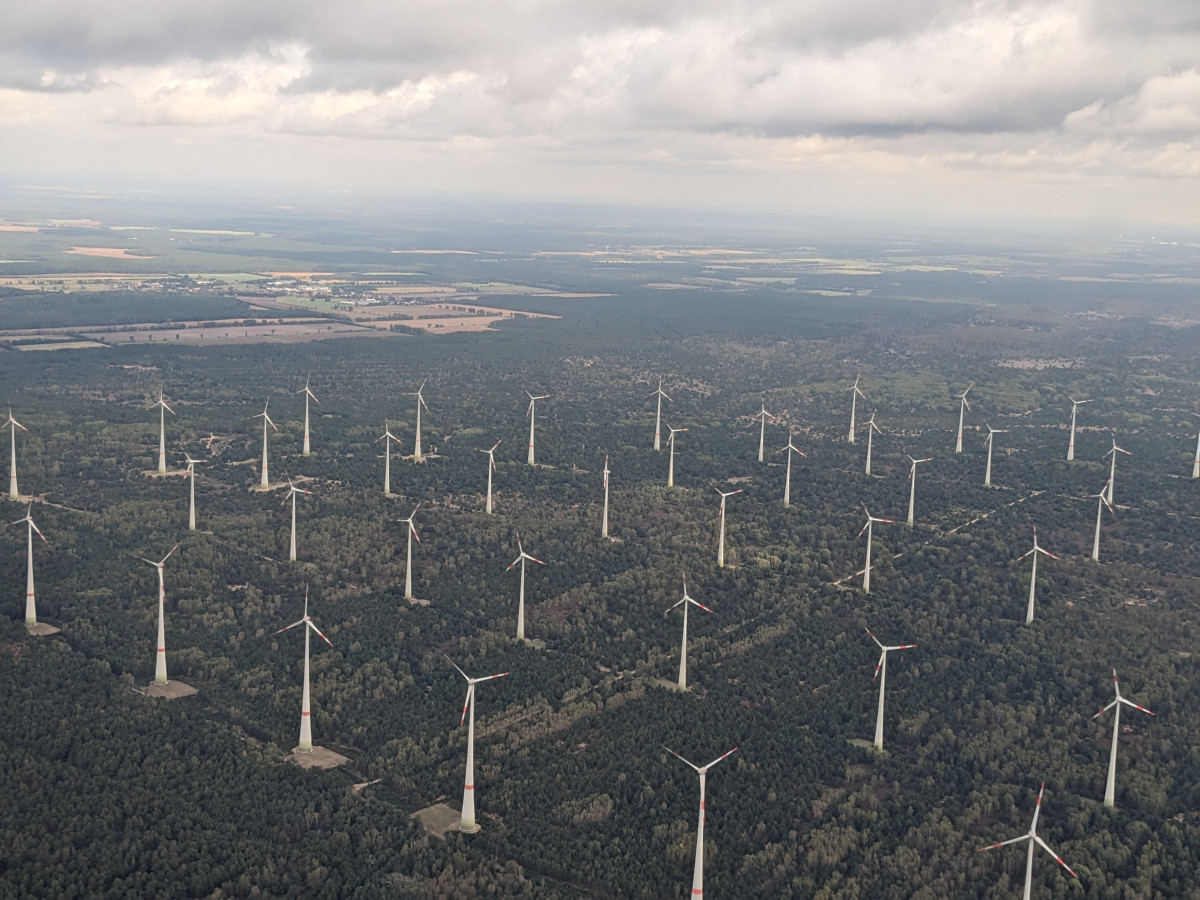Dispatch from Germany | October '24
*** Our weekly Dispatches provide an overview of the most relevant recent and upcoming developments for the shift to climate neutrality in selected European countries, from policy and diplomacy to society and industry. For a bird's-eye view of the country's climate-friendly transition, read the respective 'Guide to'. ***
Stories to watch in the weeks ahead
- Will the coalition hold? – MPs are slowly entering the last stretch of negotiations on Germany’s 2025 budget, which is to be finalised towards the end of November. The talks may spark further disputes within the coalition government, and tabloid Bild Zeitung has reported that the FDP could even use them to exit the alliance before its term ends. Do read our analysis one year ahead of the scheduled federal elections in September 2025.
- Lights on – Government consultations on fundamental changes to Germany's power market, aimed at creating an electricity system fully based on renewable sources, are gathering pace. The economy ministry plans to present a concept for a planned capacity mechanism to other ministries in mid-October. It favours a "combined" approach, where keeping the lights on would be secured though hydrogen-ready gas power plants as well as flexible consumers, storage and innovations. Consultations on the "Power Plant Security Act," set to guarantee electricity supply security in the future at all times, end on 23 October.
- Under water – Germany – and much of central Europe – experienced devastating floods this summer, first in the West, then in the South, then in the East. To better protect people and infrastructure from this "new reality" – and from many other negative consequences of climate change and future climate risks – environment minister Steffi Lemke has presented the draft "Climate Adaptation Strategy." The corresponding adaptation law requires the government to develop this strategy with measurable targets. Consultations with stakeholders and the federal states run until 22 October, with the aim of greenlighting the strategy in cabinet by December.
- Betting on carbon capture – Germany's cabinet will also soon agree on a strategy for carbon management, which would set a framework for technologies to capture, store, transport and use CO2. The draft, already published, states that natural sinks (such as forests) capturing carbon will not be enough to balance out the remaining greenhouse gas emissions beyond 2045, when Germany aims to be climate neutral. Technological means (such as direct air capture, DAC) are thus necessary to reach the goal. Cabinet approval is expected soon. NGOs have called for strict limits on the use of carbon capture and storage in the country.
The latest from Germany – last month in recap
- Populists make gains – In September, for the first time, the right-wing populist party Alternative for Germany (AfD) won the most votes in a state election on the back of an anti-immigration campaign. The party, which outright rejects the fact that global warming is caused by humans, won the most votes in elections in the former East German state of Thuringia, and came a close second in Saxony and then in Brandenburg. The other parties in the three states are now deliberating possible coalitions respectively, a difficult task as they have ruled out cooperation with the AfD. Yet, while the AfD might not directly be in power, their opposition could hamper progress on the path towards climate neutrality in the three eastern states that stand to benefit disproportionately from the energy transition.
- "Darn hard" climate finance – In view of Germany’s tight federal budget, government officials said it would be difficult to reach the target of providing six billion euros annually in climate finance from the state budget to developing countries by 2025. "I'm not saying it's unattainable, but it's darn hard," said development ministry state secretary Jochen Flasbarth. The recent budget crisis meant attaining the goal would become “very challenging,” highlighting the need to leverage more private funds.
- Fake climate projects - Germany's environment minister has promised better precautions to prevent fraud in emissions reduction schemes abroad after a special session in parliament discussed recently surfaced fake climate projects in China. In connection with the suspected cases of fraud, the Federal Environment Agency (UBA) has stopped 45 suspicious climate projects in the Asian country.
- Veggie stagnation – No, not the amount of vegetables cultivated in Germany – although many crop yields are down – but people who say that their diet does not contain meat. The share of vegans and vegetarians has remained largely unchanged in recent years, according to the latest nutrition report. However, when presenting the report, agriculture minister Cem Özdemir said that a lot is happening to cater for flexitarians – people who occasionally consume meat but consciously reduce it from their diets – with companies upping their game with meat-alternative offers.
Caro's picks – Highlights from upcoming events and top reads
- A reporting opportunity for all journalists interested in the upcoming COP29 climate conference in Baku: the federal foreign office, together with the German Climate Consortium (DKK) and the Alliance for Climate and Economy (Stiftung KlimaWirtschaft), will hold a briefing with foreign minister Annalena Baerbock on 18 October on ways to speed up the green transformation.
- Another event you won't want to miss – and open to everyone – is CLEW's upcoming Press Club together with the Aspen Institute Germany, where journalists from Poland, France, Germany and Brussels will discuss what the upcoming U.S. elections might mean for the EU’s climate and energy policy. To warm up, read our analysis Climate catastrophe? EU braces for possibility of a second Trump term, written by Brussels-based Dave Keating, and join us online on 8 October.
All texts created by the Clean Energy Wire are available under a
“Creative Commons Attribution 4.0 International Licence (CC BY 4.0)”
.
They can be copied, shared and made publicly accessible by users so long as they give appropriate credit, provide a
link to the license, and indicate if changes were made.


